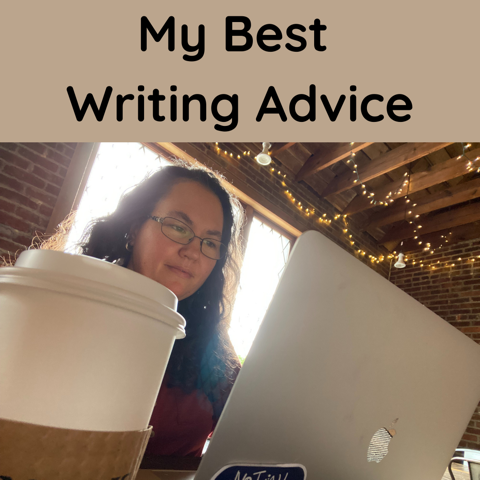
“I sent it to an editor and it came back with so many errors!”
“My beta readers said I really need an editor, but I had it proofread,
so I don’t understand what they mean!”
“My manuscript is completely finished and now
I just have to get it into the hands of an editor who will publish it!”
Maybe you’ve heard writer-friends say things like the above? If you’re thinking that it sounds like these hypothetical authors all have different concepts of what an editor is and does, you’re spot on, and if you are new to writing and publishing, it can be very confusing! Before I started working at a literary agency, I worked for an editing and design company, helping authors take the necessary steps to self-publish or find a publisher for their books. I received emails all day long from people who needed help sorting through their editing options.
I’m going to outline the primary types of editing for you below, but if you’d rather listen to me speak on this subject than read about it, you can also find a loose reproduction of the text here on my YouTube channel, The Book Barr.
THREE TYPES OF EDITING
- Developmental Editing
Most manuscripts need to start here. Developmental editing can be formally done by an industry professional or informally by a critique group or beta readers. This type of editing looks at the big picture — plotting, organization, pacing, dialogue, character development, worldbuilding, etc.
Both fiction and non-fiction authors need developmental work, and they need it long before they are ready to move on to the other types of editing that focus on more minute details like spelling and grammar. So much can change in a manuscript during developmental editing! The goal is to take a step back and look at the work as objectively as possible to increase readability and maximize impact.
People often assume that when you “hire an editor,” you’ll get both high and low-level help, but commonly, you’ll find editors gifted in one or the other, but not both, types of editing. Most of us are either concept people or detail people, right-brain or left-brain thinkers, highly creative or highly meticulous. Editors are no different. I’m sure you can think through the wide range of personalities and giftings God has given us and see why some people are going to lean more toward proficiency in developmental editing than what comes next, which is…
- Line Editing
This kind of editing is also sometimes called copyediting, though there are subtle differences between the two. Because these terms are used interchangeably, it’s very important to determine what exactly you’re paying for when you hire any editor.
Line editing looks at grammar and syntax, line-by-line. A line editor looks at each word used and whether it conveys the intended meaning, is redundant, or sometimes even whether or not it’s offensive or archaic. A line editor may make suggestions about the paragraph-level organization, but not usually on issues that span the whole chapter or manuscript.
If a line-level editor makes a distinction between line editing and copyediting, what they usually mean is that copyediting is where very specific mechanical rules are examined. This is especially important in non-fiction when academic style guides like MLA or the Chicago Manual of Style are used. Fiction authors have a lot more leeway, and a line editor will be the one to make sure house-style (the preferences of a particular publishing house) is followed and grammar rules are consistent—whether or not to use an Oxford comma, for instance. (The answer is yes, by the way.)
- Proofreading
Proofreading is the very last (and usually the cheapest) step. A manuscript should be as “done” as an author can get it before it goes to proofreading. Proofreaders look for misspellings, repeated words, missing words, incorrect punctuation, and other things that are easy to pass over when you’ve read something many times.
Proofreading is not the discount version of line editing. Proofreaders can get justifiably frustrated when they are paid a lower rate to clean up a very messy manuscript. Most of us in this industry love words, and no one wants to see a book go out into the world unpolished. So be kind and hire the right kind of editor to ensure they are getting paid to do the job they signed up for.
PUBLISHING HOUSE EDITORS, BETA READERS, AND BEYOND
To further add to the confusion, the primary contact for authors at a publishing house is also called an Editor. These are not freelancers that you hire, though they may be talented as developmental or line editors and may even do some of that work on the side. These Editors are the professionals who see books through from acquisition to publication. They are the ones you have to impress with your polished manuscript – which very well may mean you need to hire an editor before you can approach an Editor (capitalization is mine, but useful for thinking about these roles).
And as I touched on before, there are other ways to approach editing. You may have a group of writer friends read and give you feedback or hire someone for a brief manuscript critique. Your literary agent (I wrote a post about who needs one here) may also act as an editor to get your project as ready as possible to land that book deal.
Writing is usually done in solitude, but really good writing almost always involves a team. Don’t be afraid to add editors to your roster!
Copyright 2022, Anjanette Barr




